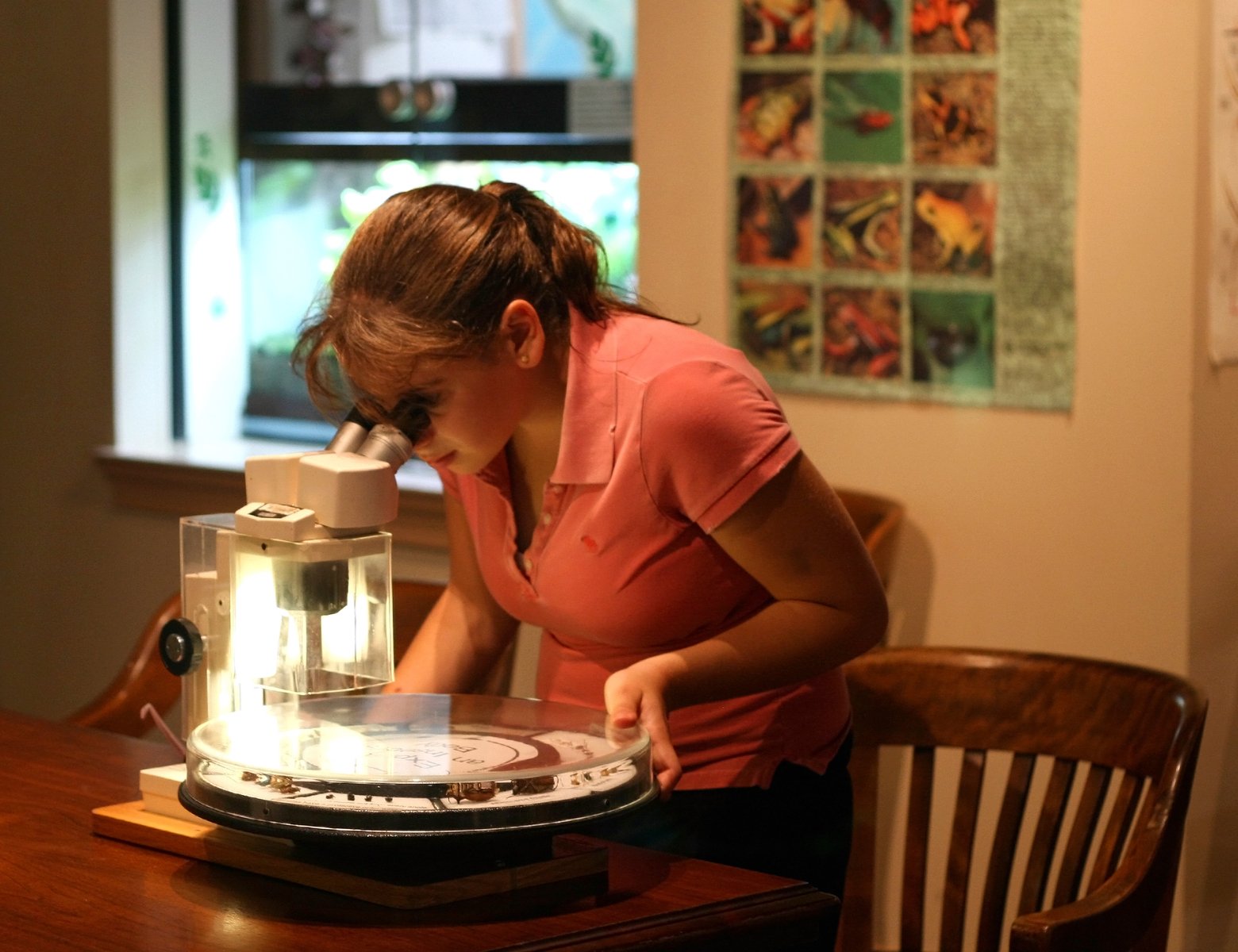

THE previous post spoke of how the European Patent Office (EPO) had lost sight of its mission. That's an understatement because "lost sight" sounds too passive, whereas in practice Battistelli and then Campinos actively demolish that mission, rendering the Office nothing but a money-making machine by breaking the law and misusing the authority given to the Office (granting monopolies).
"The EPO now travels to another country with few European Patents for some photo ops..."Completely and totally inappropriate. CIPA is a front group of patent litigation, software patents and UPC etc. and if a patents-granting authority is in bed with it -- like the British patent office (UKIPO) might be too -- whose system is it? Who does it exist to serve?
The EPO now travels to another country with few European Patents for some photo ops ("EPO signs reinforced partnership agreement with Indonesia" (warning: epo.org link) was published before the weekend). Indonesia isn't of strategic interest to the EPO; same for Malaysia (recently). They export loads of palm oil to Europe (less so in recent years, perhaps owing to boycotts), but their patents are a drop in the ocean to the EPO. So why this?
EPO President António Campinos and the head of the Directorate General of Intellectual Property (DGIP) of Indonesia, Freddy Harris, signed a Memorandum of Understanding (MoU) on Reinforced Partnership between their two offices at the EPO in Munich yesterday. The agreement is a result of a longstanding and fruitful co-operation between the EPO and Indonesia going back to the 1990s, and builds on previous MoUs on technical co-operation, the last one having been implemented from 2014 to 2018.
"Does the EPO have real SMEs in mind or just trolls and law firms?"They had the audacity to add #IPforSMEs to it. By granting loads and loads of fake patents, however, the EPO allows offending parties to leverage false claims, resulting in frivolous litigation and the EPO's management is aware of it.
Does the EPO have real SMEs in mind or just trolls and law firms? Maybe the EPO and EUIPO can bribe a few more scholars to issue some lies ("studies") about SMEs -- lies by which to googlebomb the term and wash away the truthful information. As Benjamin Henrion put it: "Tuning the court system for SMEs is useless, as we don't have the finances nor the time to defend ourselves" (with appeals too the prices can reach millions of euros).
"The EPO violates the EPC every day. So why even pretend that it cares about it?"The EPO tweeted: "Ever thought of waiving a further communication under Rule 71(3) EPC? Find out when you might want to..."
The EPO violates the EPC every day. So why even pretend that it cares about it? EPO management views the EPC as nothing but an obstacle, an obstruction to be worked around by cheating.
Rose Hughes (AstraZeneca) has meanwhile remarked on T 1299/15 -- a case that we mentioned here before. It concerned burden of proof and Hughes uses the typical, bogus narrative in which bogus patents being questioned is an "attack" (but not the party suing or blackmailing another). To quote:
The legal reasoning in this decision is similar to that of T 63/06, in which the opponent was able to shift the burden of proof with regards to the sufficiency to the patentee. In T 63/06 the Board found that the patentee was relying on only a weak presumption that the invention was sufficiently disclosed. The opponent was successfully able to shift the burden of proof by arguing that the skilled person would have difficult in putting the invention into practice.
The recent case T 1299/15 is similarly a reminder that insufficiency attacks may be applicable even to the mechanical field. As is often the case with insufficiency disputes, the issue of how much work would need to be done by the skilled person (and whether inventive endeavour would be required) was a key issue. Following on from this, if the patentee has not provided an embodiment of the claimed invention, the burden of proof is shifted to the patentee if there is serious doubt that a skilled person could perform the invention without inventive skill.
"Not the judges' fault by the way; they're besieged by corrupt Office management."Last but not least, will these boards soon approve yet another type of software patents? The President of the Office already pressures the judges in that direction and he also referred to them the ridiculous question as to whether the EPO can grant fake patents on life and nature in defiance of the law. This is about corporations stealing from nature, claiming a monopoly over our bodies. How far will patent scope bend for the EPO to fake 'production' (essentially by granting invalid patents)? This new press release says that "Cellectis Wins Patent Challenge in Europe for a Method Using CRISPR-Cas9 for Gene Editing in T-Cells" and the EPO's mouthpiece IAM (its main mouthpiece for patents on life, Adam Houldsworth) has published "Shorter EPO opposition process requires new approaches from life sciences patentees" -- the latest in a string of such 'reports' from patent maximalists. This is the patent trolls' lobby celebrating fake patents on life (it's almost certain courts would throw these out), granted only because patent examiners and those responsible for oppositions aren't given enough time to (re)evaluate. They also lack freedom; all they have is "quotas" or "targets". ⬆